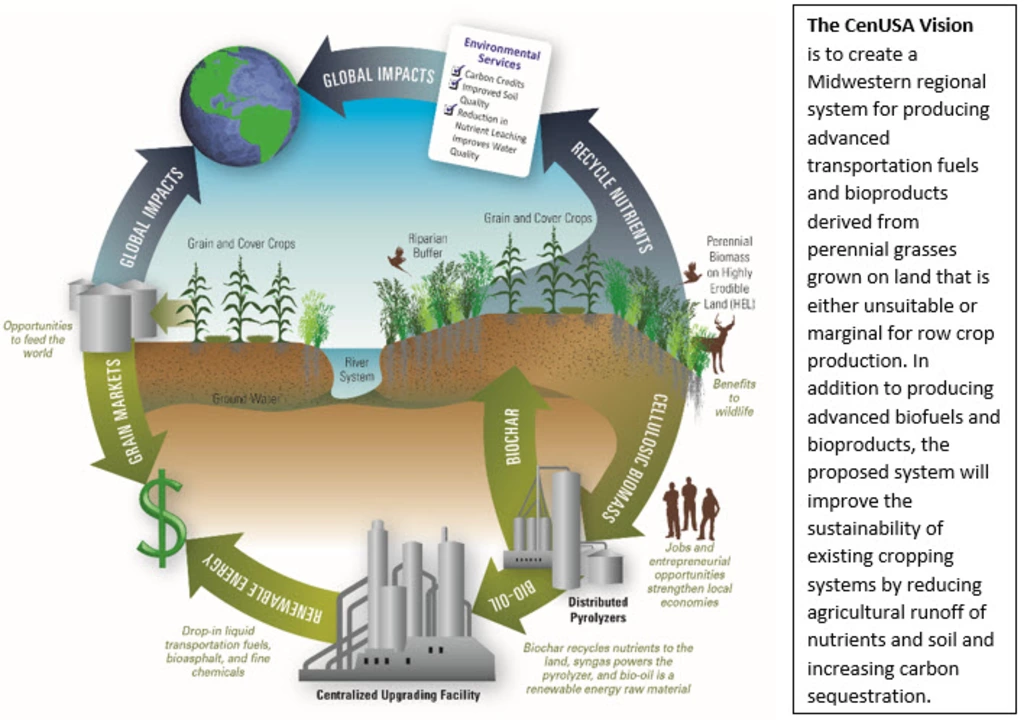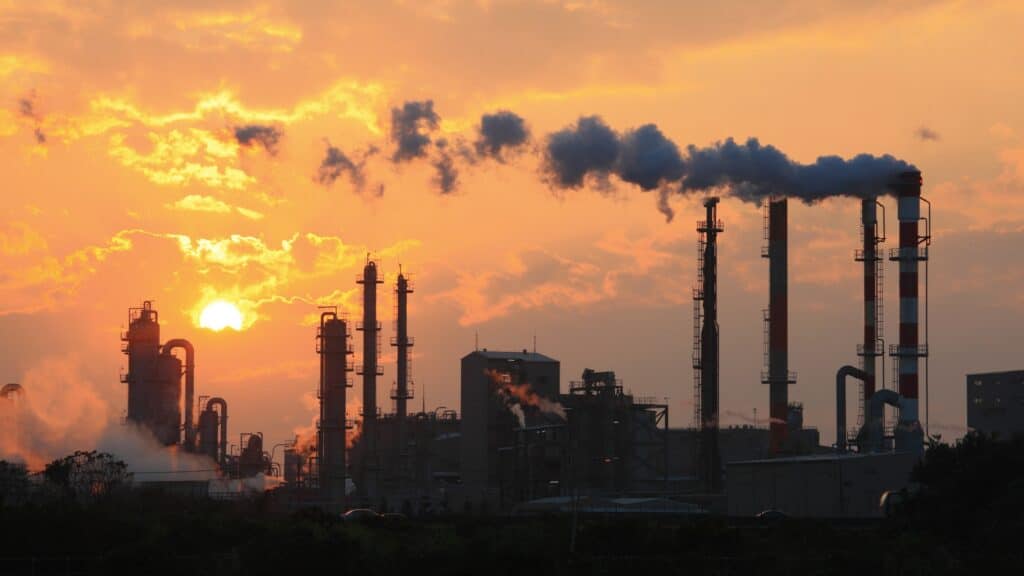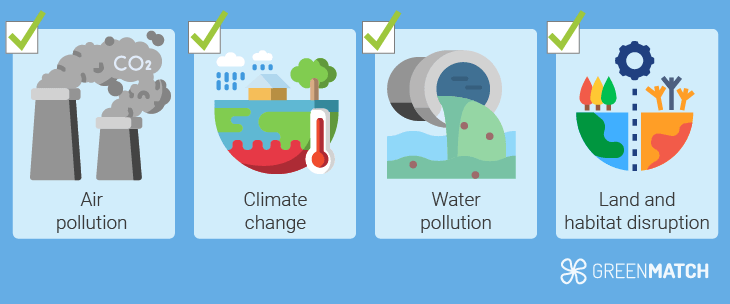RAID setups contribute to energy consumption and environmental impact primarily through the power usage of storage devices and associated infrastructure, with additional factors including the type of drives used (HDD vs SSD), RAID configuration, and cooling requirements.
Key points on energy consumption and environmental impact of RAID setups:
-
Energy Use of Drives in RAID: RAID arrays typically use multiple hard drives or solid-state drives. For example, a two-disk RAID-0 NAS device with Seagate Exos 8TB drives consumes about 15W for the device plus 11W per operational disk, totaling significant energy use depending on active/idle time. This can translate to roughly 21 kWh per usable terabyte annually just for the drives, increasing to about 29 kWh when including cooling, heating, and lighting infrastructure.
-
Drive Type Matters: SSDs generally consume less power than HDDs, but the embodied carbon in manufacturing both types of drives is significant. The choice between HDD and SSD RAID arrays affects both operational energy and lifecycle carbon footprint.
-
Cooling Overhead: Data centers and storage setups require cooling, which often accounts for a large portion of total energy consumption. Inefficient cooling systems can drastically increase the environmental impact of RAID storage systems.
-
Carbon Footprint Beyond Energy: The environmental impact includes not only operational energy consumption but also carbon emissions from manufacturing, packaging, and disposal of storage components. This embodied carbon can be a serious sustainability challenge.
-
Scaling Impact: As data storage needs grow exponentially, the cumulative energy consumption and carbon emissions from RAID and other storage systems increase, potentially contributing significantly to global emissions if not managed with renewable energy and efficiency measures.
-
Sustainability Measures: Using renewable energy sources to power storage systems, optimizing RAID configurations for energy efficiency, and improving cooling technologies can reduce the carbon footprint of RAID setups.
In summary, RAID setups increase energy consumption due to multiple drives running simultaneously and the need for cooling, which together contribute to environmental impact. Sustainable practices and technology choices are essential to mitigate this impact as data storage demands continue to rise.


















WebSeoSG offers the highest quality website traffic services in Singapore. We provide a variety of traffic services for our clients, including website traffic, desktop traffic, mobile traffic, Google traffic, search traffic, eCommerce traffic, YouTube traffic, and TikTok traffic. Our website boasts a 100% customer satisfaction rate, so you can confidently purchase large amounts of SEO traffic online. For just 40 SGD per month, you can immediately increase website traffic, improve SEO performance, and boost sales!
Having trouble choosing a traffic package? Contact us, and our staff will assist you.
Free consultation